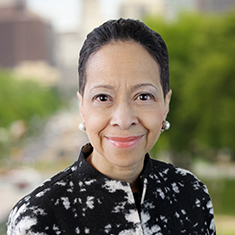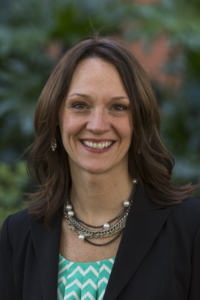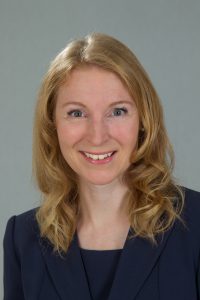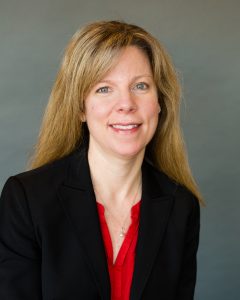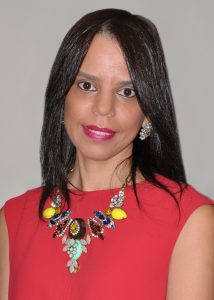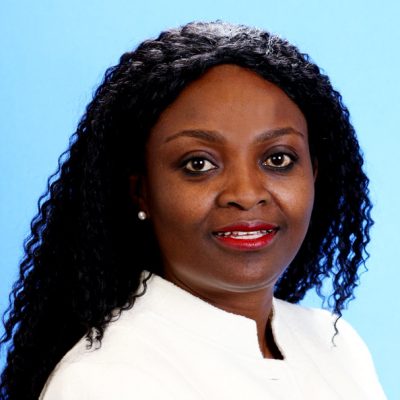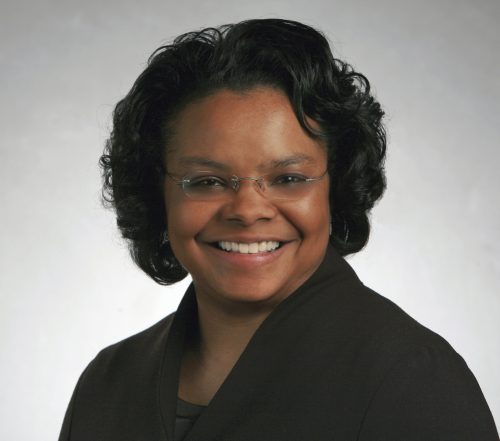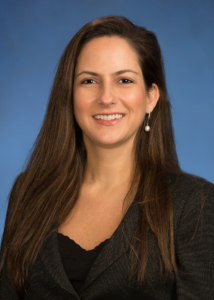 When Goldman Sachs’ Paula Moreira explains the framework that helps her succeed, she references a pyramid, with honesty and humility as key components of the base.
When Goldman Sachs’ Paula Moreira explains the framework that helps her succeed, she references a pyramid, with honesty and humility as key components of the base.
The body and top of the pyramid are driven by effort and personal mission, respectively. Those traits, combined with her drive, have fueled Moreira’s career.
A Career Spanning Regions
Moreira’s interest in finance is rooted in lessons her parents ingrained in her early on. “They taught me how important it is to work hard and dream big to attain financial independence,” Moreira says.
That’s one reason a career in finance had always appealed to her, as she knew that industry would give her ample opportunity to achieve those goals. She studied industrial engineering to develop her technical expertise, and then began her finance career at a French bank. She soon moved to Credit Suisse, which gave her the opportunity to work in New York. “I had always dreamed about working in that important financial center,” she says of her initial move from Brazil to New York.
While in the US, she pursued an MBA at Harvard Business School to complement her technical background with stronger management and leadership abilities. After completing her MBA in 2002, she began working on Goldman Sachs’ Latin American sales desk. Moreira was so excited to get to work that she cut short a vacation and began taking Spanish classes to sharpen her language skills.
She moved back to Sao Paulo in 2010 and has been there since, leading a team focused on serving Brazilian banks, asset managers, hedge funds, pension funds and insurance companies. Moreira has found the most rewarding aspect of her career to be building a successful team who is connected, committed to helping one another and working toward the same objective. Moreira is also fulfilled by providing her clients with superior support and ensuring they achieve their goals.
Identifying Transformative Trends
Currently, Moreira is particularly excited about growth dynamics in Brazil, as the country emerges from a difficult recession. She notes that as part of the cyclical rebound in the country, rates have been cut by more than a half, causing dynamic changes in the market. Moreira explains that significant investments previously allocated to money market funds are now being funneled to alternative asset classes like hedge funds – one of her biggest client bases – as well as investments in structured products and equity. “There is a significant opportunity to capture these trends in a country that is experiencing a big cyclical rebound,” she notes.
Moreira has also been interested in the impact of technology on the trading business, particularly the rise in electronic execution among credit, rates and commodities clients, a trend that has already been incorporated into foreign exchange trading. “It’s important that I connect my clients to our global platforms,” and notes, “I love my job because I’m constantly learning from my clients as well as other GS colleagues.”
Helping Advance Diversity
Last year, Moreira joined the Brazil Management Committee. This is in addition to her responsibilities as co-chair of the Brazil Diversity Committee, and she also previously served as co-head of the Brazil Women’s Network. During her tenure as co-chair of the Women’s Network, she learned firsthand how the network connects individuals and helps attract, develop and retain women. She also greatly enjoyed her role organizing content-rich events for members that were focused on topical issues in the workplace, such as the “confidence gap” many women face.
She has particularly enjoyed recruiting others to pursue careers in financial services by dispelling the perception that it’s hard to be a woman in finance. “It’s important to be present at schools and show people that they can reconcile work with personal lives and having a family,” she says. She hopes that her efforts will help plant the seeds for a more diverse workforce down the road.
“Because of cultural bias, many women lack confidence, and it’s vital to break these barriers and make sure women realize there are no obstacles in what they can achieve,” Moreira says. “I really hope that parents would ask their daughters to complete the same tasks that they ask of their sons in order to instill confidence and ambition in their daughters.”
Asking for Help – and Helping Others
Moreira knows that no one can do it alone, and she has learned to recognize the importance of asking for help and, in turn, helping others. “We often don’t ask for help, even though people feel rewarded when they have the chance to be the helper.” This realization has helped her to be more upfront about asking for support in both her personal and professional life.
She tries to make room in her personal framework for equal focus on family, work, and health, and often tries to organize weekend activities that bring family, friends and exercise together. She is proud of the wonderful family she has built with her husband, three daughters and two stepsons, and hopes she can inspire others.

